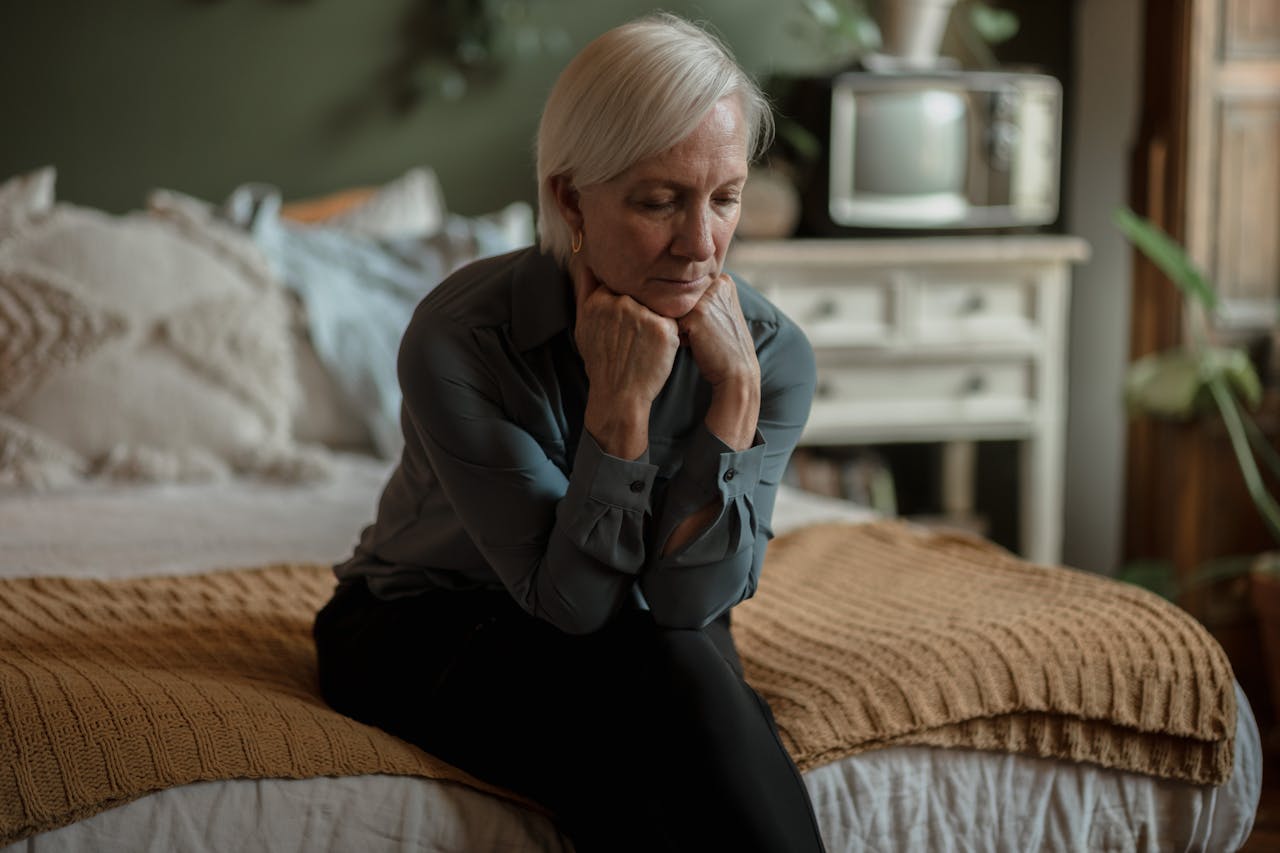Elder abuse is a profoundly concerning issue that affects countless seniors around the globe. As someone who cares about their well-being, it’s crucial for you to understand the signs that may indicate mistreatment.
Here are five huge signs of elder abuse.
1. Unexplained Injuries or Bruises
One of the primary signs of elder abuse is the presence of unexplained injuries or bruises. Your loved one might have bruises in unusual places or multiple wounds at different stages of healing. These can be indicators of physical abuse, which is a serious concern that requires immediate attention. When you notice such injuries, it’s essential to ask questions and seek explanations. Pay attention to inconsistencies in the stories or if your loved one seems hesitant to discuss how they got hurt. Sudden injuries without clear explanations should raise a red flag. Remember, while occasional accidents happen, frequent and unexplained injuries should not be ignored.
2. Sudden Changes in Behavior or Mood
Another indicator of potential elder abuse is a sudden change in behavior or mood. You might notice that your loved one becomes withdrawn, anxious, or unusually agitated. These emotional shifts can be signs of psychological abuse, which is often more challenging to detect than physical abuse. Observe the interactions between your loved one and their caregivers or other individuals in their environment. Note if your loved one seems fearful or if there is a noticeable tension in their interactions with certain people. Such changes could be a reflection of underlying emotional abuse or neglect.
3. Poor Hygiene or Unkempt Appearance
A marked decline in personal hygiene or an unkempt appearance can be another sign of elder abuse, particularly neglect. You might notice that your loved one is wearing soiled clothing, has poor grooming, or exhibits signs of malnutrition. These issues suggest that they are not receiving the proper care they need. Consider the environment in which your loved one resides. Is their living space clean and safe? Are they receiving assistance with daily activities such as bathing, dressing, and eating? Poor hygiene and unkempt appearance often indicate that basic needs are not being met, which can significantly impact their health and well-being.
4. Isolation From Friends and Family
Isolation from friends and family is a significant concern and a clear sign of potential elder abuse. Abusers often isolate victims to exert control and prevent them from seeking help. If your loved one is being kept away from social interactions or if their social connections have dwindled, it may be a cause for concern. It’s crucial to maintain regular contact with your loved one, whether through visits, phone calls, or video chats. Complete isolation can lead to depression and a further decline in health, so ensuring they have a strong support network is vital.
5. Financial Irregularities or Exploitation
Financial exploitation is a less obvious but equally damaging form of elder abuse. You might notice unexplained withdrawals from bank accounts, sudden changes in wills or power of attorney, or missing belongings. These are all signs that someone may be taking advantage of your loved one’s financial situation. Regularly review financial statements and keep an eye out for unusual transactions. Open discussions about financial decisions and encourage transparency with your loved one. Educating them about common scams and fraudulent activities can also be beneficial in preventing exploitation. Some people may even consult a probate lawyer if they suspect specific financial abuse.
Conclusion
Recognizing the signs of elder abuse is crucial in safeguarding the well-being of seniors in your life. Remember, your involvement is vital in ensuring that your loved ones live with dignity, respect, and safety.



